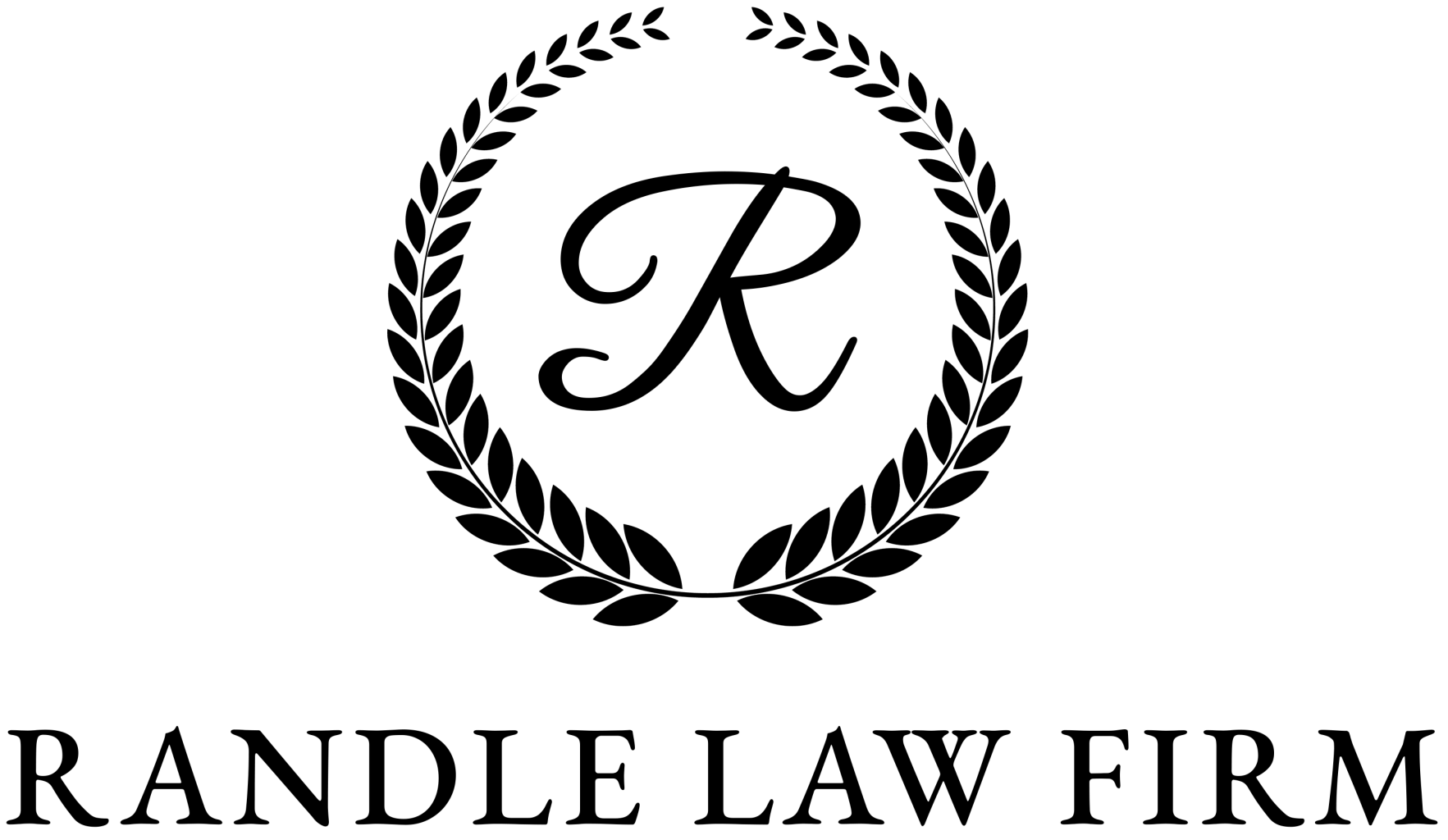Location:
8898 Old Lee Hwy
Suite 106
Ooltewah, TN 37363
Email: april@aprilrandlelaw.com
Phone: 423-521-8000
Fax: 423-521-8001
How to Handle Debt During and After Divorce
How to Handle Debt
During and After Divorce
A divorce can be one of the most emotionally tolling events to go through in life. It requires a person to make many abrupt and drastic changes in order to adapt to a new way of life. Unfortunately, piled on top of the stress of separation is the worry of debt that has built-up throughout the years. Thinking about debt creates anxiety, especially during a divorce when deciding who should be the one to pay. Gratefully, there are ways to be able to significantly reduce or eliminate certain kinds of debt.
In an equitable division state like Tennessee, you and your spouse are able to “agree” on who pays off each type of debt, equally and fairly. Although this is the theory, things do not always end up “equal” or “fair.” If you and your spouse have not been able to agree on a reasonable way to split the debt or your spouse has not agreed to assume all of your debt for you, you may be left with a big burden on your shoulders. This is where an attorney can help.
How to Eliminate your Debt
There are two general types of debt that one can have – Secured and Unsecured. Secured debt is debt that is secured by collateral that the creditor can take back if you fail to pay. For example, a mortgage loan is a secured debt because, if you fail to fulfill your payments, the lender can foreclose on its interest in the house, taking it away from your possession.
Therefore, the only way to eliminate secured debt is to lose possession of the item securing the loan. Unsecured debt is debt that is not secured by any form of collateral. Common examples of this are credit card debt, medical bills, payday loans, signature loans, and finance companies.
If you have unsecured debt that can be paid using a tax refund, or if the creditors will work with you, you might be best served to try to simply resolve your debt that route. If, however, you find yourself dealing with debts much higher than what you can settle or afford at all with a new budget stemming from separation or divorce, it might be best for you to consider filing for a Chapter 7 bankruptcy and wiping out unsecured debt or filing a Chapter 13 repayment plan and repaying debt on your terms. Each Chapter gives you some options in keeping and paying for the property you want to keep.
File for Bankruptcy
If you feel that there is almost no possible way to pay back any portion of your debt during or after a divorce or separation, then filing for bankruptcy may be the best option for you. If you are still legally married and need to discharge joint debt, it may be faster and less expensive to file a bankruptcy together instead of one or both parties trying to repay the debt from two separate households.
If you are under financial stress and considering divorce, you may wish to consult with a bankruptcy attorney along with divorce counsel before your divorce is final to determine if bankruptcy is the right choice for one or both spouses. Hiring an attorney will help make the process a lot less costly, time consuming, and complicated. By filing for bankruptcy, the attorney will help wipe out all your current debts, which will enable you to start over.




I definitely recommend Mrs. Randle for your needs requiring an attorney.
-Tasha L.
MashIt
Extremely kind, straight forward and helpful. Looking forward to working with her and her law firm.
-Rebekah C.
FabuFit
Friendly, confidential, personalized service, and exceptional rates make April's firm an excellent choice for your legal needs 10/10!
-D. W.
YesSuits-

Awesome people to work with! Go above and beyond. Very responsive and very efficient.
- Chris
Button 
April and her staff are wonderful. When we needed some help with our business and understanding the laws in regards to business she was amazing and helped us so much!
-Marcie
Button-

April is too real to be a lawyer.
-Danny
Button 

Slide title
 Button
Button Button
Button Button
Button
In Person Office Visits - By Appointment Only
8898 Old Lee Hwy
Suite 106
Ooltewah, TN 37363
Communications Preferences
office@aprilrandlelaw.com or april@aprilrandlelaw.com
Voicemail:
423.521-8000*
*Phone calls are intercepted by voicemail which is transcribed and forwarded to our email inboxes. We return phone calls in blocks of time, which we have found to be more efficient
If you are new to our office, please use our initial contact form above to schedule an appointment or request information.
Active Clients - You may contact us by email or leave a voicemail.
Law Office of April Randle, PLLC. All Rights Reserved.










